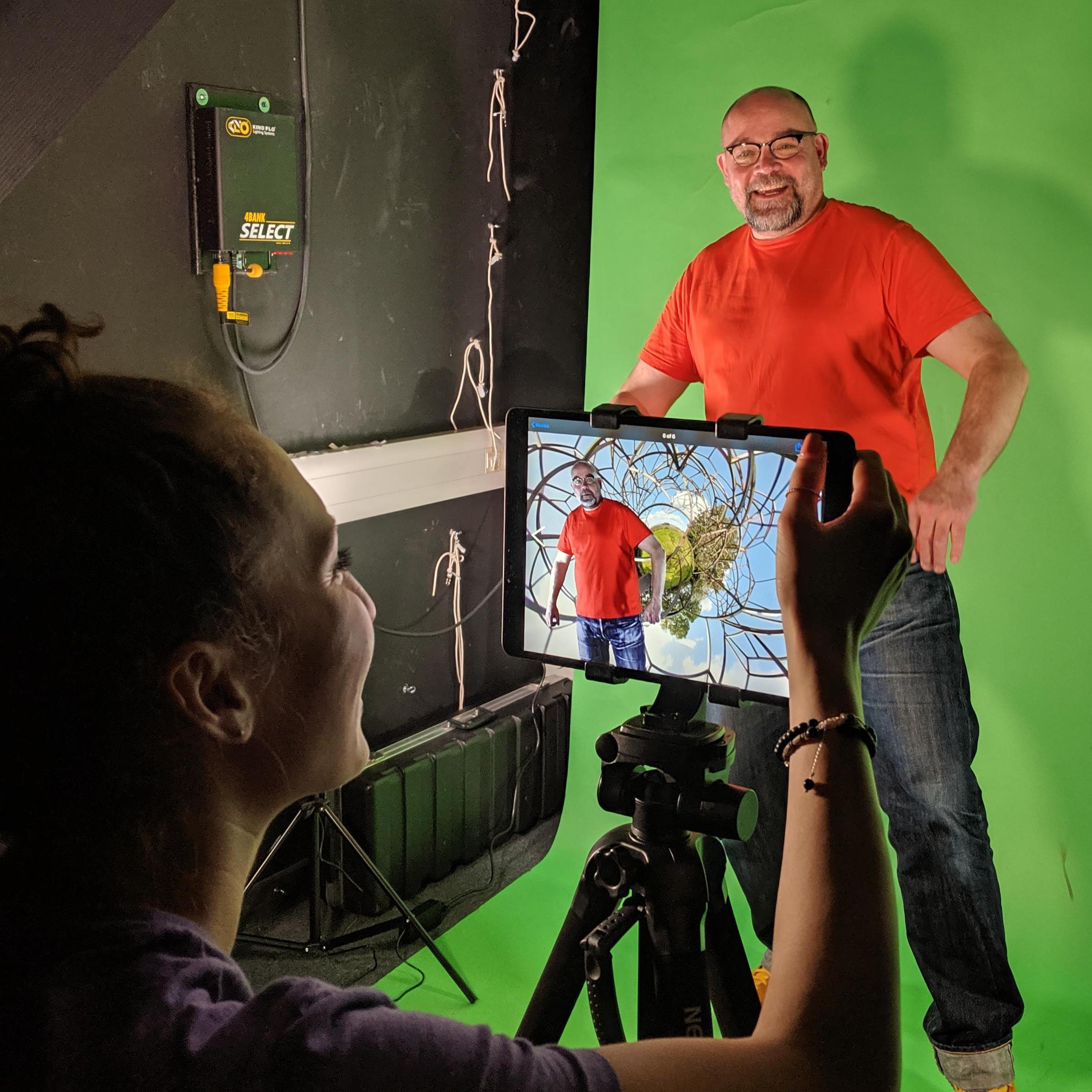Lots of tips for doing your PhD from the HCI community

Make your thesis as usable as possible (especially if your research area is usability!). Make it easy to navigate, consider suitable typography, readability and appropriate representations for charts and tables. Your goal is to try and make the job of the examiner as effective, efficient and satisfying as possible.
Ed de Quincey
School of Computing and Mathematics, Keele University

Have something to say, and say it simply; that is the secret of style
Mark Rouncefield
School of Computing and Communications, Lancaster University

Write the middle "I did this" sections first; they are easier to write and then you'll know what to emphasise in literature review, introduction, etc.
Alan Dix
Computational Fooundry, Swansea University

If I Google you, your preferred site should be in the top 5 hits.
Simon Buckingham Shum
Connected Intelligence Centre, University of Technology Sydney

Keep in contact with your supervisors and peers.
Parisa Eslambolchilar
School of Computer Science and Informatics, Cardiff University

In the words of Led Zeppelin 'Ramble On' [Alan comment: checking the lyrics "I've been this way ten years to the day" - definitely time to write up]
Guy Dewsbury
gdewsbury Consultants

Pick a supervisor who is a leader in your chosen field: that unlocks access to key people in the community.
Simon Buckingham Shum
Connected Intelligence Centre, University of Technology Sydney

Be agile - life is not a linear journey neither doing a PhD. There are many bends and ups and downs so keeping an open mind and making changes to the plan is perfectly OK.
Parisa Eslambolchilar
School of Computer Science and Informatics, Cardiff University

Write at least 2 paragraphs about every paper you read, – the first to summarise the paper then the second about why it was interesting and how it links to your work.
Dan Fitton
University of Central Lancashire

Participate in research events virtually where applicable to your research.
Parisa Eslambolchilar
School of Computer Science and Informatics, Cardiff University

Learn how to interpret and explain what the results of a behavioral study mean. It's not good enough to just report p-values and say the result is significant (any half-decent stats package will tell you that.)
Gordon Baxter
Gordon Baxter Consulting

Remember that a thesis (indeed any writing) is an emotional journey for the reader, not just an intellectual one. Make sure you build the reader's confidence in you and your abilities.
Alan Dix
Computational Fooundry, Swansea University

A literature review is not an annotated bibliography. Write an annotated bibliography *first* for yourself and use that to help you write your real review.
Alan Dix
Computational Fooundry, Swansea University

Start your Related Work knowledge base as early as possible and take time to plan it and then adhere to your plan. You can waste countless hours trying to find that one source on the web again where you read something desperately needed right now – and never find it again.
Heiko Müller
OFFIS - Institut für Informatik

Put a running header in your thesis including the Chapter number; it makes it so much easier for the examiners to navigate. You and your supervisor probably only ever read prinouts or PDFs of single chapters, so never notice!
Alan Dix
Computational Fooundry, Swansea University

Go for a walk
Tom Flint
School of Computing, Napier University

Get out more! (1) – Get out and observe people doing things in the real world. (It doesn't have to be formal, you can learn a lot just by watching people wrestle with technology.)
Gordon Baxter
Gordon Baxter Consulting

If early in your thesis you say something you know to be controversial or counter intuitive say so "I know this sounds odd, but in Chapter 9 we will see ...". If you don't the reader (examiner!) may not think you realise, and by the time they see you were right they've read half the thesis thinking that you don't understand the topic.
Alan Dix
Computational Fooundry, Swansea University

Aim to be co-chairing workshops by the end of your PhD.
Simon Buckingham Shum
Connected Intelligence Centre, University of Technology Sydney

Call yourself a Doctoral Researcher, not PhD Student!
Simon Buckingham Shum
Connected Intelligence Centre, University of Technology Sydney

Get out more! (2) – Get outside of your discipline (if you can) and present your results to an audience that isn't made up of HCI folks. You will learn *so* much more by doing this, and make your work more broadly useful.
Gordon Baxter
Gordon Baxter Consulting

Always ask yourself (and others) the "So what?" question. (This is one of Ian Sommerville's favourites.) What was the point of what you did? What does it mean for your research? What does it mean for other people's research? (The corollary of this is always be prepared to answer the "So what?" question when you give a presentation.)
Gordon Baxter
Gordon Baxter Consulting

Aim to present and publish as you progress. If you can, start early with a doctorial consortia and conference poster.
Sandra Woolley
School of Computing and Mathematics, Keele University
Make friends with your thesis. You’ll be spending a lot of time together. Have a drink with it at least once a week. You’ll be surprised how much more you like one another.
Christine Satchell
Blue Chip Vision

Writing is thinking
Russell Beale
School of Computer Science, University of Birmingham
